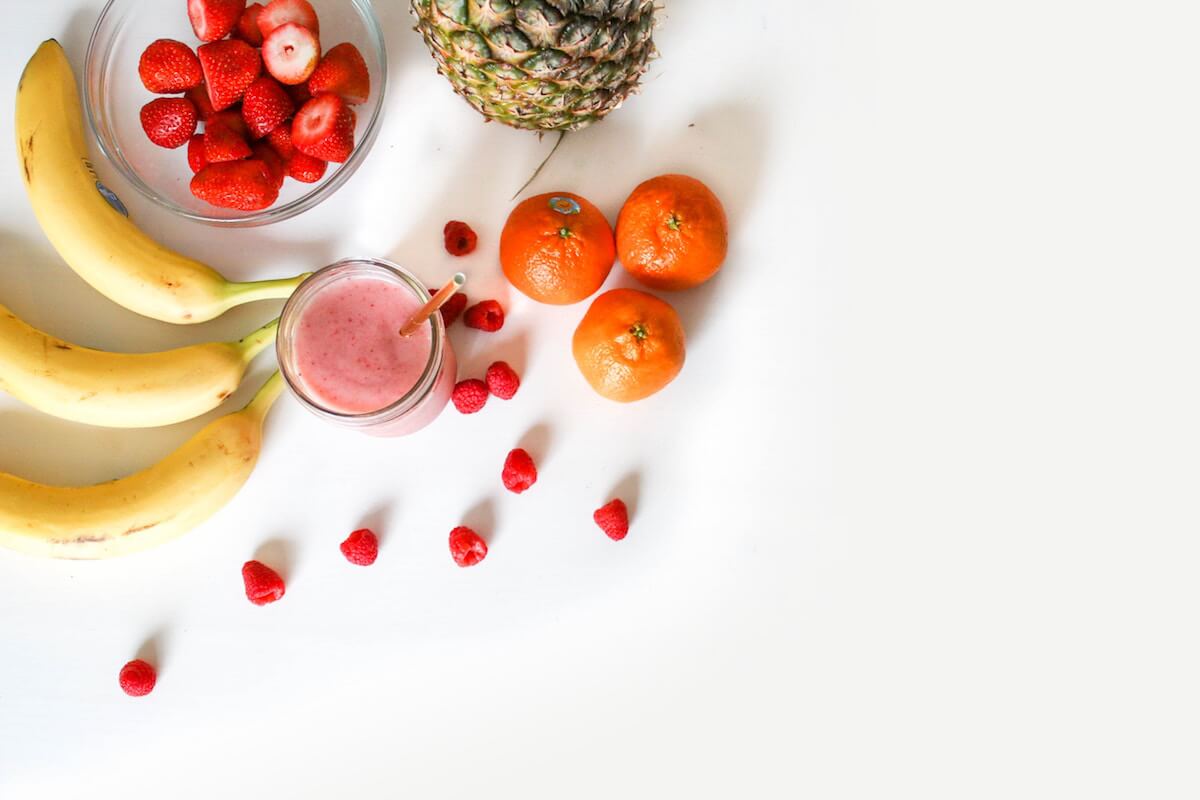Myth: Losing weight is all about “calories in vs. calories out”
Fact: Not all calories are created equal
— Audra Odeh, ACE Personal Trainer & Fitness Nutrition Specialist
“I’m cutting my calories and exercising but I can’t lose weight”
You can exercise and calorie-count all day but if your body is overexposed to sugar your ability to shed fat could stall, making it far more difficult to see weight-loss results. The truth of the matter is, not all calories are created equal within the confines of our metabolic pathways. And here’s why:
In short, too much sugar overloads our liver and causes our pancreas to respond by releasing insulin. Insulin tells the body to convert the sugar into fat, which is stored by the body. High levels of insulin also block the “I’m full” signals in our brain. This tricks the body into believing it’s starving, propagating the desire to eat, even if the stomach is full.
Science shows that sugar is highly addictive.
To make matters worse, in lab mice, sugar was found to be eight times more addictive than cocaine—hence the food industry adds sugar to basically EVERYTHING. This is especially true for “low fat” and “low calorie” options. Beware of “health products” advertising supposedly healthy substitutes. According to Dr. Mark Hyman, M.D., our bodies are completely unable to distinguish between the many different forms of sugar on the market today. As far as the body’s metabolism is concerned, high-fructose corn syrup is no different than “hip” and “health friendly” cane sugar.
For those who are calorie-conscious or trying to lose weight, it’s very important to begin to look at sugar through this lens. Because in theory, one could exercise regularly and maintain a caloric deficit, but if the body is overloaded with sugar, it could be near impossible to shed excess weight. Even for those not trying to lose weight and count calories, it’s imperative that sugar consumption be kept under control. Studies show that people who eat too much sugar have an increased risk of high blood pressure, poor cholesterol, and elevated levels of inflammation, a root cause of many chronic conditions. The American Heart Association says men should eat no more than 9 teaspoons of added sugar (or 150 calories, or 36 grams) and women should limit their daily intake to 6 teaspoons (that’s also 100 calories or 25 grams).
But what about fruit?
Fortunately, the fiber in fruits helps to mitigate the effects of the sugar in the body. Fruit juice, however, is an entirely different story. This is because in processed juices, the fiber is extracted. Odwalla and Simply Orange Juice are great examples of products that market themselves as a healthier beverage option on the market, the reality is that both contain all the sugar with none of the fiber. Believe it or not, one bottle of Odwalla has 35g of sugar (for reference, one can of Coca-Cola contains 37g), which is 10 grams more than the recommended daily amount for a healthy woman! Bottom line, avoid fruit juices (raw vegetable juices are a different story, more on that later) and stick to whole fruits.
What are some easy ways to reduce sugar intake?
For some, it can be difficult and confusing to count grams/calories. To make things easier, the MayoClinic suggests:
- Instead of adding sugar to sweeten oatmeal or cereal, top your bowl with your favorite fruit.
- Opt for sugar-free drinks instead of sugar-sweetened beverages. Better yet, drink water (plain or sparkling).
- Enjoy fruit for dessert instead of cookies or pastries.
- Cut the amount of sugar you use in recipes for cakes and cookies, or switch out sugar completely by using unsweetened applesauce.
- Be mindful of condiments such as ketchup and barbecue sauce, which can be high in sugar, and opt for lower sugar options such as salsa, mustard or hot sauce.
- Read food labels and research restaurant menus online. Avoid the high-sugar options.
Also, feel free to reach out to one of The Club Maui’s certified personal trainers who are available to chat with you about not only sugar, but a litany of other dietary questions and concerns. Meal plans and nutritional guidance is available and can be customized to target a variety of health and performance goals!

